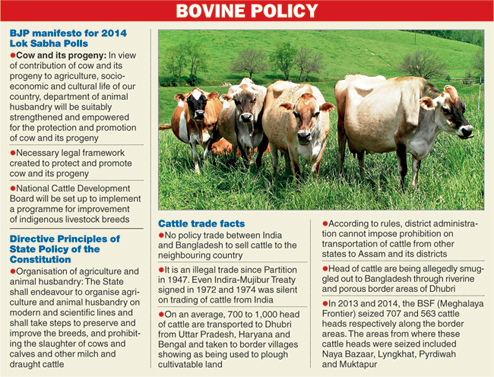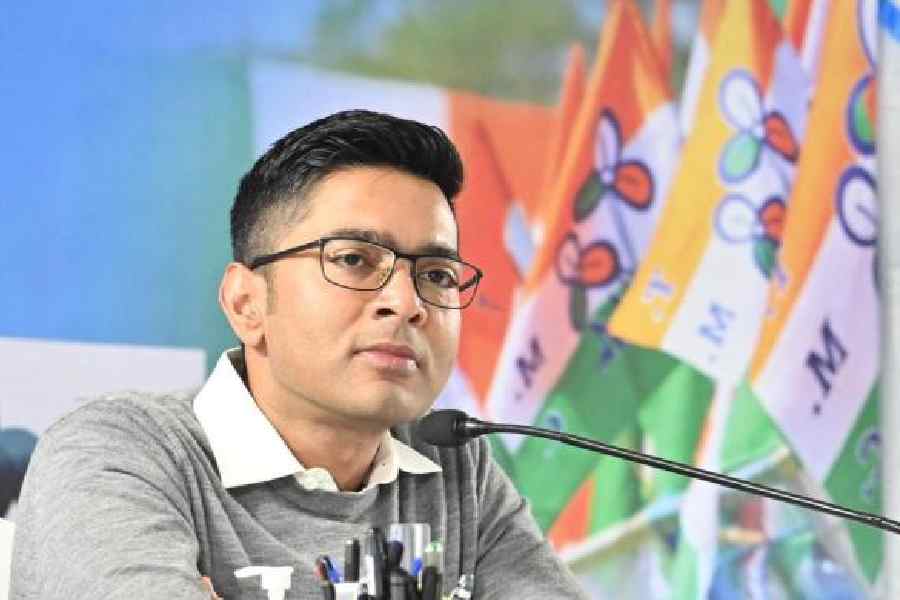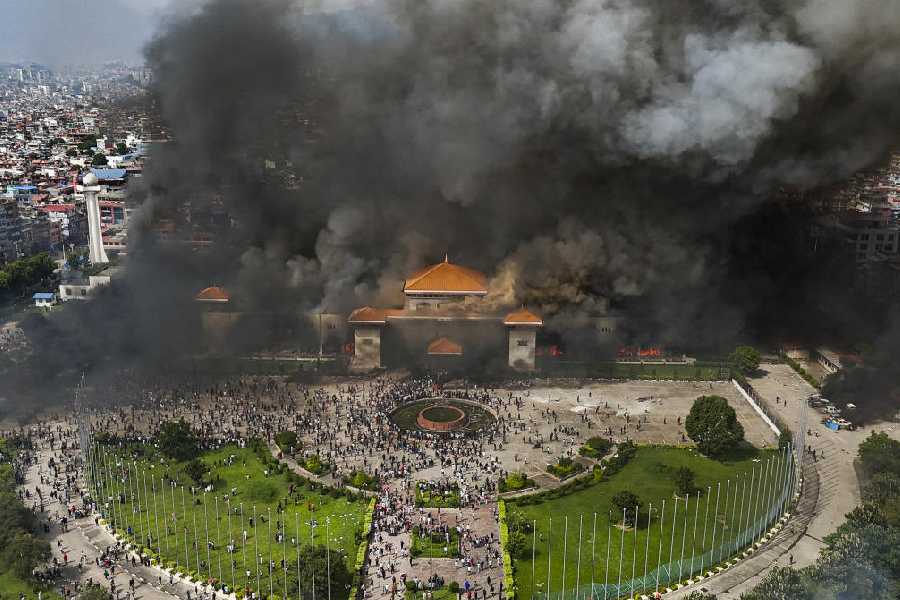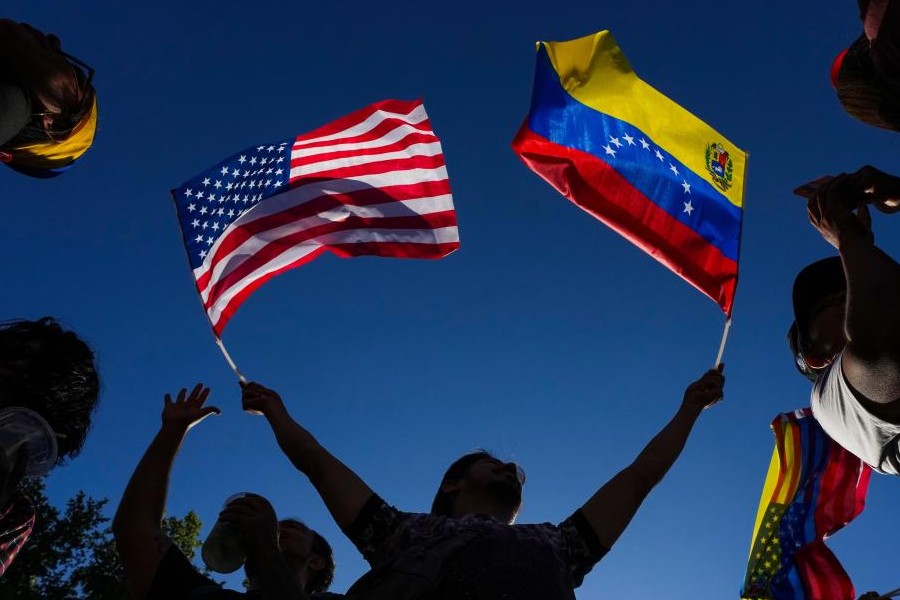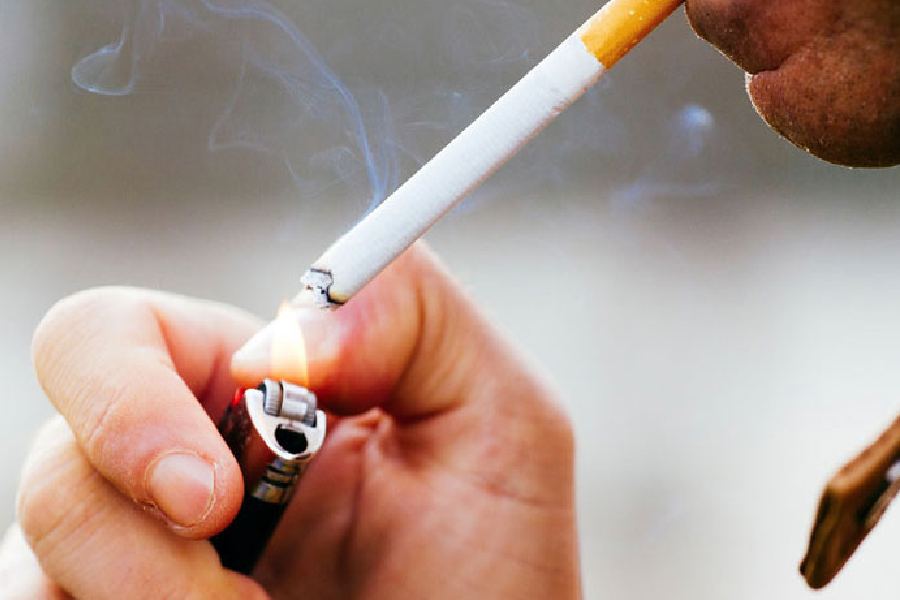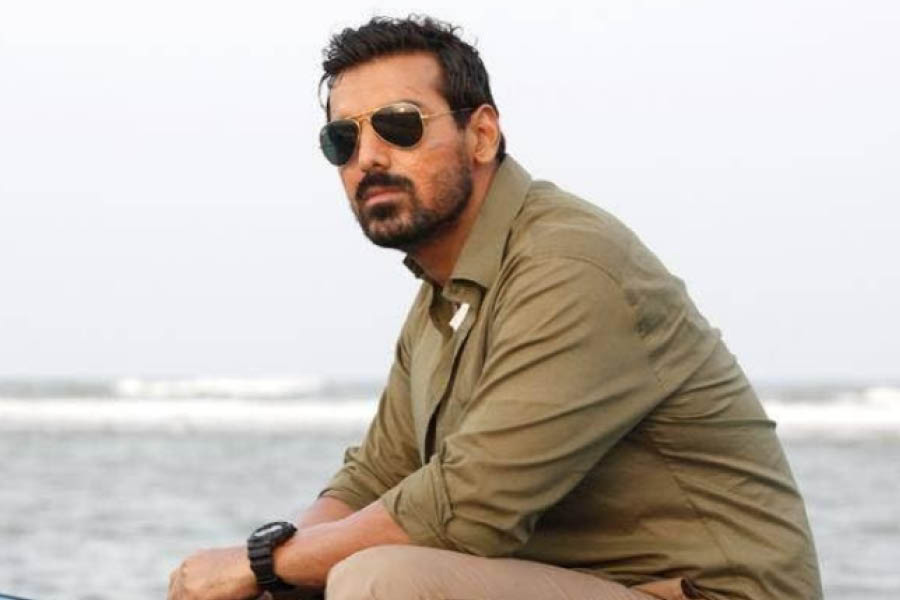Shillong, March 31: To ban or not to ban - the debate on cow slaughter prohibition whenever a BJP government assumes power in New Delhi would put even the vacillating Hamlet in a dilemma.
The Northeast, where the majority comprises minority ethnic groups, has seldom been kind towards the idea of imposing a ban on cow slaughter/beef eating.
The debate brings back memories of the spirited attack launched by then Shillong Lok Sabha MP late George Gilbert Swell against the Atal Bihari Vajpayee government in May 1996.
During the debate on the confidence motion moved by Vajpayee, Swell, who termed then Prime Minister as his "friend for a number of years", argued against the move to ban cow slaughter and termed the idea of the ban "uneconomic".
Although in 1992 Swell was the presidential nominee of the Opposition parties, including the BJP, against Shankar Dayal Sharma, he made a strong attack against then BJP-led government and pointed out that "in the Northeast...beef is the cheapest source of protein for the majority of the people".
"I make a submission that 80 per cent of cattle population in this country is uneconomic. Very few cattle in this country give proper type or quantity of milk. Many of them just go on champingout blades of grass and leave, leaving the country barren and are turning the country into a desert. Some of these are being used as draught animals, but a time comes when they are no longer used as draught animals. What do you do with all these heads of cattle? Are you going to watch them? Are you going to allow them to champ up all vegetation in the country? What are you going to do with it? This is uneconomic," Swell, who was an Independent Lok Sabha member, had argued.
"If you stop people...(interruptions)...they are ashamed of us and we are ashamed of them...(interruptions)...They can never impose their hegemony on the Northeast. The Mughal emperors tried to do that by sending army to Assam and each time they were turned away from the banks of the Brahmaputra. They cannot impose their way of life on the people of Northeast..."
The transcript of Swell's criticism of the Vajpayee government is available on the Lok Sabha website.
But the BJP has been persistently propagating the idea of "protecting" cows during its electoral campaigns.
In its election manifesto for the 1999 Lok Sabha polls when the BJP succeeded, it was mentioned that the party would "promote scientific animal husbandry with emphasis on the constitutional provision of protecting and improving the breed of the cow and its progeny".
Similarly, in its 2004 election manifesto, the BJP had stated that efforts would be made to "evolve a consensus for passing a central legislation for protection of cow and her progeny".
Again, in the 2009 manifesto, the party had stated that "necessary legal framework would be created to protect and promote cow and its progeny".
A similar line of argument was also made in the BJP manifesto for the 2014 Lok Sabha polls ( see chart).
However, until date, the BJP has not succeeded in bringing about a blanket ban on cow slaughter.
Reacting to frequent debates on an impending ban on cow slaughter, the Khasi Jaintia Butchers Welfare Association said that it would be disastrous if the ban comes through. "My take is that the BJP government is not interested in bringing about good governance and development. We would be affected if the government brings a law to ban cow slaughter. Thousands of people are either directly or indirectly employed in the business of selling cattle and beef," the association's vice-president, Generous Warlarpih, said.
On a daily basis, nearly 300 heads of cattle are slaughtered for consumption in and around Shillong, he said. Here, the price per kg of beef is in the range of Rs 240 to Rs 280. According to official statistics, beef (cows and buffaloes) production in Meghalaya in 2013-14 was 23,302 tonnes (12,780 tonnes produced within the state and 10,522 tonnes brought from outside). Warlarpih argued that the Khasi-Jaintia region of Meghalaya is entirely dependent on head of cattle from Assam. "For the last two years, we have been purchasing cattle from Assam. Earlier, cattle were brought from Uttar Pradesh and Bihar. We do not have our own cattle to meet the requirements," he said.
He said as the state's own production of cattle is abysmal, there would be no requirement for a law to ban cow slaughter once the supply of head of cattle from Assam comes to a halt. Warlarpih, urged the Meghalaya animal husbandry and veterinary department to explore ways to increase cattle production so that the state would be able to become self-reliant.
Another facet of the cattle trade in the Northeast is the prevalence of "smuggling" of cattle across the international border.
Additional reporting by Bijoy KR Sharma in Dhubri

